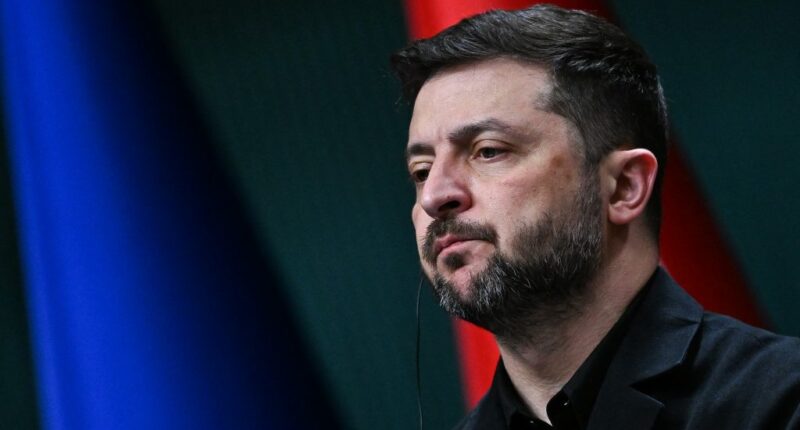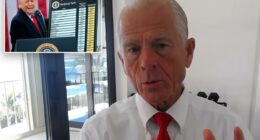Share this @internewscast.com

The resilient citizens of Ukraine, led by President Volodymyr Zelenskyy, have been staunchly defending their nation against Russia’s aggression for nearly four years. This struggle is compounded by opposition from figures like Donald Trump, whose proposed peace plan leans heavily in favor of Moscow, effectively suggesting Ukraine’s capitulation.
Any peace agreement reached should not reflect the terms outlined in the prior Trump-Putin Anchorage accord, which resembled more a surrender than a treaty. A recent draft obtained by CBS News echoes these terms, suggesting significant territorial concessions by Ukraine, such as relinquishing the Donetsk region, and abandoning aspirations to join NATO.
It’s important to acknowledge that the eventual resolution will likely require compromises, as is often the case in conflicts. Victory in war is seldom absolute, with both sides enduring significant losses.
Nonetheless, ensuring that Russia does not emerge triumphant is crucial for Ukraine and the global community. Russia’s incursion into Ukraine was unprovoked, aimed at territorial expansion, and accompanied by actions potentially amounting to war crimes, including the forced deportation of Ukrainian children.
Allowing any outcome that could be perceived by President Putin as a victory would only embolden further aggression, posing a threat to other former Soviet states that could be next on his agenda.
The question remains: how committed is the international community to defending nations like Lithuania or Estonia if they become targets of Russian ambition? Putin has shown readiness to pursue his territorial goals, regardless of the heavy military, economic, and political toll on his own country.
The best way to avoid the instability and threat of Ukraine being just the first domino in a broader scheme is to make that first domino fail to topple. The fact that Ukraine and Zelenskyy have reportedly agreed to some version of the deal currently on the table gives us hope that this latest version is one that does not give quite so much away.
After Western governments, including the United States (under both Joe Biden and Trump), have spent these years providing equipment, training and intelligence to Ukrainian forces, they should work to ensure that these investments end up measurably succeeding not just for moral but practical reasons.
We have to wonder if part of the reason that these negotiations have gone so poorly — and that something no one seems to want to say given how invested everyone is in their success — is that Trump is so smitten in thinking that Putin is his pal and also so cocksure of his own ability to get a deal, that the fact of an agreement is more important to him than any of its substance.
With those marching orders (please Russia and get to yes) White House special envoy Steve Witkoff came up with the 28-point outline seemingly straight from the Kremlin. This is not the way to go about high-stakes wartime negotiations shaping the lives of millions. If a successful deal is reached, it’ll be in spite of, not because, this approach by Trump.















